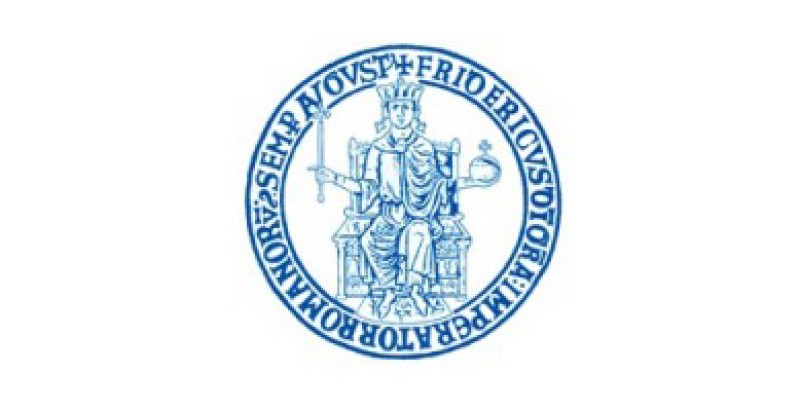Sub-theme 58: Organizational Practices of Social Movements: The Power of Organizing from Below
Call for Papers
The study of social movements in the field of Organization Studies (OS) has been largely influenced by theories
constructed to analyze business organizations and their interactions with formal and informal social movement organizations.
In this way, OS has remained relatively blind to the processes of organizing and the knowledge produced in the organizational
practices from below.
These organizational practices from below are usually hidden from the view of hegemonic
structuralist management and organization knowledge: popular struggles, anti-corporative movements, occupy events, self-organized
workers cooperatives, community groups, indigenous people resistances/struggles, peasant organizations, to name but a few
(Misoczky & Moraes, 2011). There is also a North-South dimension that is important to consider: as OS is still dominated
by Western/Northern perspectives, organizational practices from the South/East tend to be ignored or marginalized.
The intention of this stream is to fill this gap and, in accordance with Dunayevskaya (1982), to make the movement from
practice to theory. For her, the practice from below is itself a form of theory. In the same way, Rauber (2004) defends the
need of articulating two dimensions of critical reflexive thought: the knowledge that is theoretically elaborated and the
knowledge that emerges from below and remains, most of the time, restrained to the practices and spaces of struggle.
In previous streams organized for CMS and LAEMOS, we focused on the critique of hegemonic and exploitative organizational
practices and over 60 presenters put forward a critique of dominant power regimes. With this EGOS sub-theme, we are specifically
interested in the political organization of grassroots struggles and resistances against these hegemonic power regimes. In
our view, it is vitally important for OS to see and engage with these organizational practices, as otherwise our field would
contribute to the reproduction of existing power regimes, rather than analyzing and disseminating those practices of hope
that challenge dominant frames of organizational analysis.
We encourage submissions that address the power of
organizing from below. We particularly invite – but do by no means restrict submissions to – manuscripts on one or several
of the following topics:
- The analysis of social movements and popular struggles, exploring the theoretical issues that are embedded in their practices
- Theoretical dialogues with the knowledge produced by activists in their organizational processes
- The organizational significance of ephemeral movements and/or events
- Analysis of the practices of alternative (that is, non-hegemonic) organizations and their resistances/struggles in both South and North
- Critical discussion and reflection on what constitutes 'alternatives' and what organizational practices from below can be seen as contributing to the reproduction of existing regimes of power;
- The dialectics of organization in its multiple contradictions such as spontaneity/organization, autonomy/demands to the state, horizontality/hierarchies, leadership/leading by obeying, critical strategic reasoning/refusal of strategic reasoning
- Organizational practices as experiments of prefigurative politics
- Meanings and limits of self-organization practices
- The organizational dimension in occupying events
- Methodologies for studying social struggles and their limits
References
- Dunayevskaya, R. (1982): Marxism and Freedom: From 1976 until Today. Amherst, NJ: Humanities Press.
- Misoczky, M.C., & Moraes, J. (2011): Práticas organizacionais em escolas de movimentos sociais. Porto Alegre, RS: Dacasa.
- Rauber, I. (2004): "La transformación social en el siglo XXI: camino de reformas o de revolución." Pasado y Presente, 21, 1–26.


